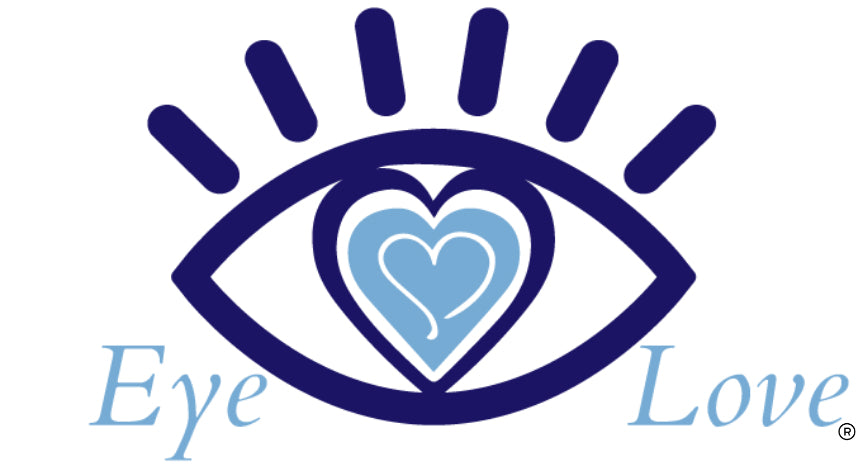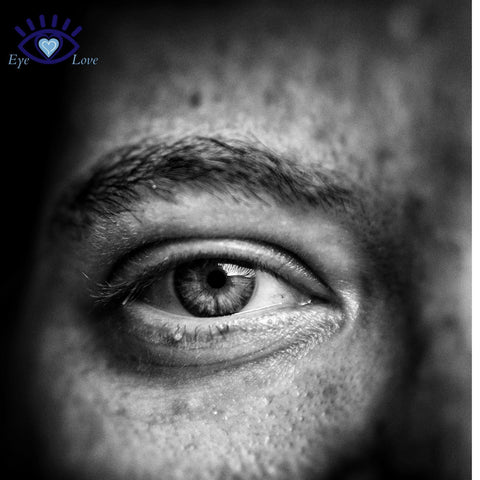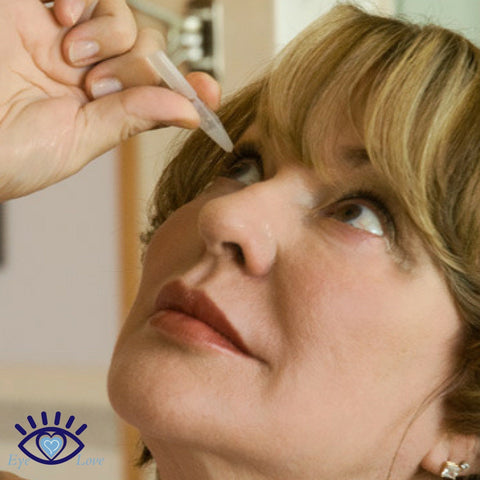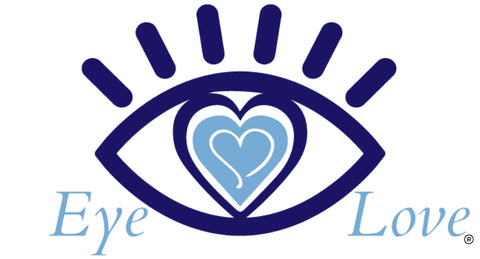Where To Seek Help When You Have Dry Eye

If dry eye symptoms such as dry, itchy eyes, sensitivity to light, excessive tears (though that may seem counterintuitive – the tears are not staying in your eyes to maintain a tear film, so your eyes are drying out), needing to blink several times to get eyes wet enough to focus, and scaly or irritated skin on the eyelids have become a regular issue, then it’s time to seek professional help. Chronic dry eye can lead to scratches on the cornea that, over time, will create difficulties with your vision. You don’t want to fool around with the health of your eyes – Ever!
Dry eye symptoms become more likely with age for most people (especially women), and likelihood of dry eye soars during the winter when you’re indoors with the heater running and drying out the air. Other causes include allergies, medications, blocked tear ducts, contact lenses that are dirty, scratched, or don’t fit right, and excessive screen time (computer, television, smartphone, etc.).
What you can try before seeking professional help
If these are new symptoms or if you’ve had infrequent ones in the past, and now they’re recurring regularly, look at the causes above and adjust where you can. During the winter, add a humidifier to your main living areas. Other things to try - add Omega-3 supplements to your diet or eat more foods with them such as fatty fish (tuna and salmon), and avocados. Use lubricating eye drops – NOT Visine or Clear Eyes, and blink often when using a computer and other screens, or take breaks away from screens, and other common-sense approaches.
If after you’ve done that for 2-4 weeks, you still have frequent symptoms, it’s time to see a doctor – but what type?
Who should you see about dry eye?
Ideally, you want to see someone who specializes in eyes – that would be an ophthalmologist (meaning someone who specializes in the eyes and performs surgery), or a good optometrist (a doctor who specializes in the eye and prescribes glasses and some eye medications). If that isn’t an easy option, your regular doctor can often give you a referral to an eye doctor who can help. Do NOT just go to urgent care for your eye issues!
Your regular primary care doctor may be an OK choice if the underlying cause of dry eye is related to general health issues. Diabetics tend to have dry eye problems frequently, so it may be as simple as adjusting your medications. But if it’s a problem with your eyes, such as you are not generating enough tears, or the quality of your tears makes them evaporate too quickly, then the eye specialists become the best choice.
If you suspect your case of dry eye could be caused by medications, you can stop by your local pharmacy and ask the pharmacist if what you take could be the problem – it’s a quick and free consultation and may help you decide where to start your journey for treatment.
Remember, your sight is important to your wellbeing and general life situation – keep those beautiful blues, greens, browns, hazels or grays safe! Have you sought medical help for your dry eyes? If you’re looking for a simple solution and some great information, head on over to our Dry Eye Syndrome Support Community at dryeyecommmunity.com!
One Love,

Dr. Travis Zigler





